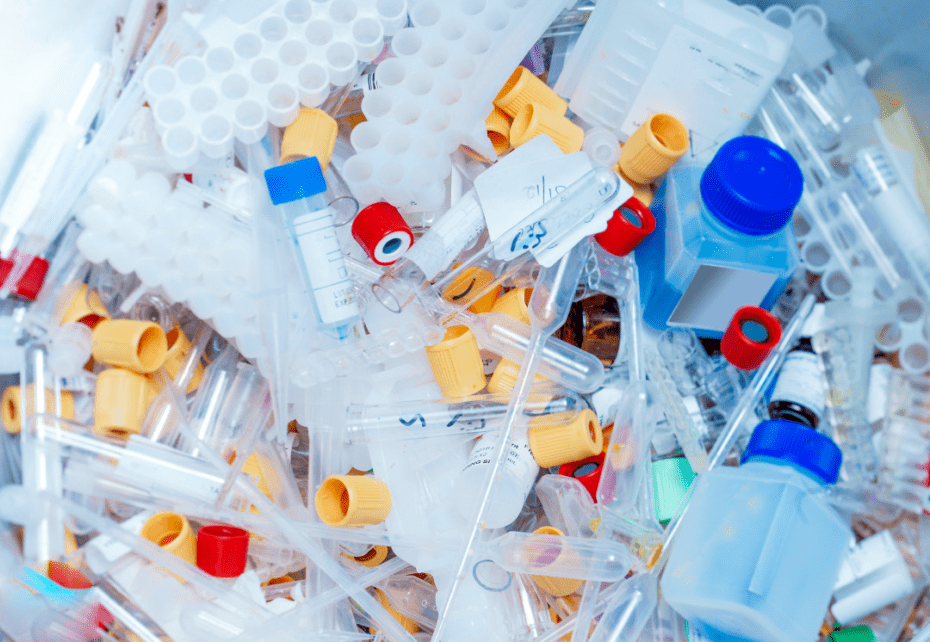RJ state decree brings changes to Reverse Logistics in healthcare

Publicado em 31/03/2023 • Notícias • Português
The changes in environmental legislation, at federal or state levels, are object of ABIMED’s monitoring, because they are directly linked to the strategic axis ESG (Environmental, Social and Corporate Governance). Reverse Logistics (LR) in the healthcare sector is fundamental to collect and treat correctly the waste generated by the different links in the segment. Such waste can impact the environment and trigger disease if not handled properly.
Thus, the trend is that there will be more and more regulations about the LR of medicines and packaging in general. Some states have recently implemented or expanded their environmental requirements, such as Mato Grosso do Sul, Paraná, São Paulo, and Rio de Janeiro. In the state of São Paulo, there is a CETESB Board decision No. 127/2021/P that deals with the structuring and implementation of the LR system.
In the case of Rio de Janeiro, ABIMED issued a communication to its members on February 10th, calling attention to the State Decree No. 48.354/2023, which provides general guidelines for the structure and implementation of the Reverse Logistics systems of:
- Pesticides, their residues and packaging;
- Cells and batteries;
- Tires;
- Lubricating oils, their residues and packaging;
- Fluorescent, sodium vapor and mercury, and mixed light bulbs;
- Electrical and electronic products and their components;
- Overdue or unused household medicines, for human use, industrialized and manipulated, and their packaging;
- Other products whose packaging, after use, constitutes hazardous waste;
- Packaging in general.
The State Council of Environment (Conema) will specifically regulate the Reverse Logistics of each of these items, but ABIMED understands that:
- Packaging in general can be defined as “the packaging that make up the dry fraction of municipal solid waste or comparable, except those classified as hazardous by Brazilian law, which may be composed of: (a) paper and cardboard, (b) plastic, (c) aluminum, (d) steel, (e) glass, and (f) long-life carton packaging.”
- The concept of Federal Decree No. 10.388/2020 can be used for “overdue or unused human, industrialized or manipulated medicines, and their packaging”. Thus, the concepts “packaging in general” and “medicines” include product packaging and medical devices. It is worth remembering that item VIII in Art. 1 includes “other products whose packaging, after use, constitutes hazardous waste;
The manufacturers of the packaging listed in Art. 1 are affected by the Decree, in view of the shared responsibility for the life cycle of products and packaging. The obligations of manufacturers are detailed in Arts. 30 and 31 of the Decree.
The new Decree will come into effect only 120 days after its publication, that is, on June 3rd, 2023. During this period, joint resolutions must be issued by the State Secretariat of Environment and Sustainability (Seas) and the State Institute of Environment (Inea) with standard drafts of sectorial agreement and term of commitment; reverse logistics plan; social communication and environmental education plan; and annual report. The monitoring and supervision of the obligations of structuring and implementing reverse logistics systems will be the responsibility of Seas and Inea.
ABIMED emphasizes the importance of its members being aware of the changes that involve environmental issues and ESG topics as a whole. It also reminds us that the Association has a Committee exclusively dedicated to ESG agendas, open to participation by interested parties.

 Português
Português
 Espanhol
Espanhol
 Inglês
Inglês





















